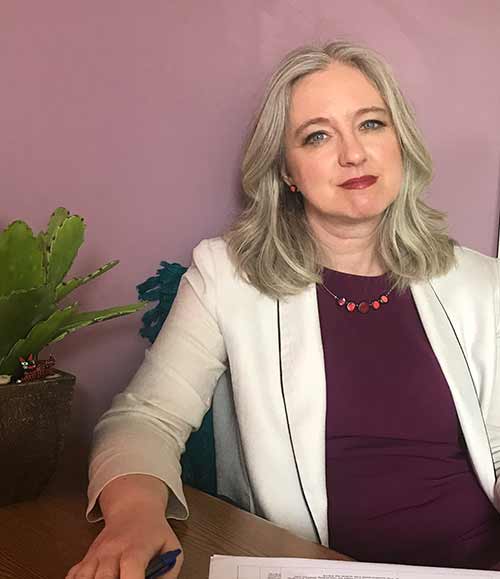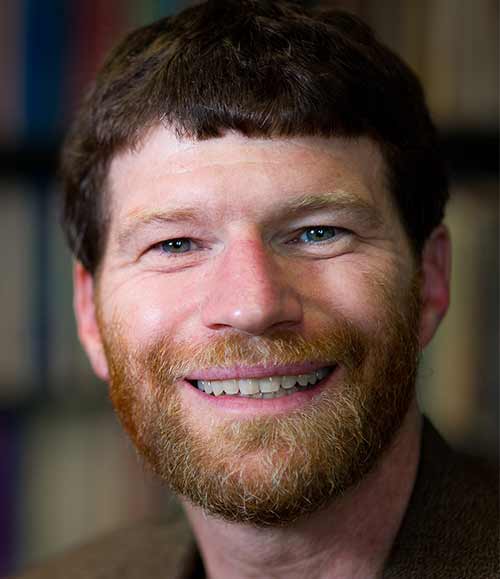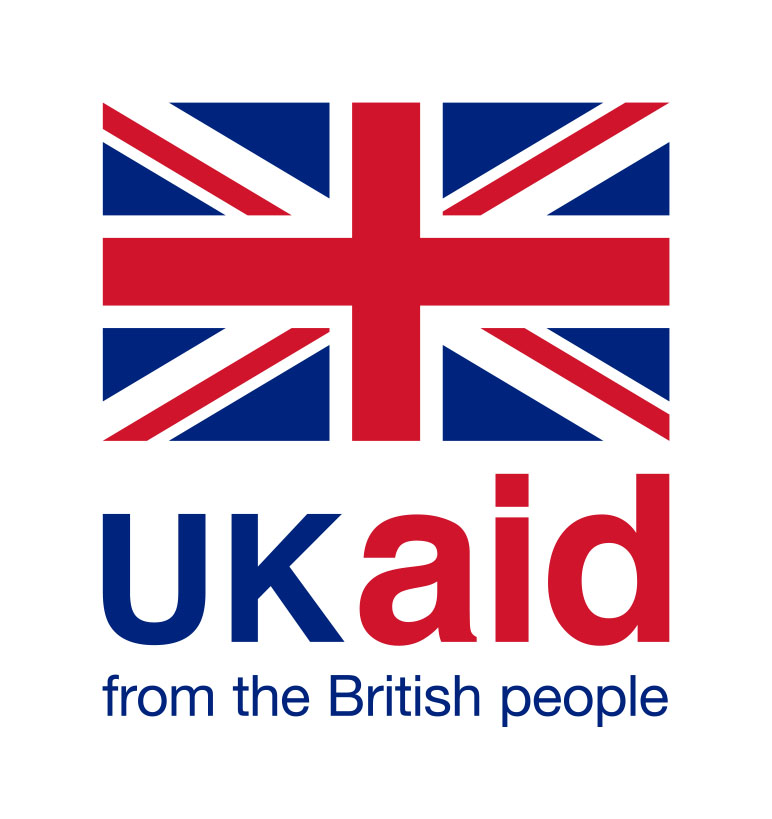MSU Sociologist working to help refugees stay safe from COVID-19
June 25, 2020 - Karessa Weir
In refugee camps and urban settlements throughout the Middle East and North Africa, the threat of COVID-19 is high in the minds of the non-governmental organizations. In some cases, items as simple as soap can be hard to find. In others, the volunteers themselves are scarce as fear of infection spreads.
However, two MSU Sociologists believe that there are ways to keep refugees from being overwhelmingly affected by the spread of COVID-19, while supporting the life-saving work of NGOs.
 “Humanitarian NGOs face significant challenges to limiting the spread of COVID-19 while assisting refugees. Maintaining social distancing in overcrowded conditions is one of the more intractable, and other interventions that might mitigate the lack of social distancing (such as hand washing and wearing face masks) can be difficult to implement. Existing physical spaces, available technologies, and socio-cultural and organizational practices can present problems to safely and effectively administering refugee humanitarian assistance during a pandemic,” wrote Dr. Stephanie Nawyn, Principal Investigator for the “Using Humanitarian Engineering to Solve Social Distancing Barriers in Refugee Humanitarian Interventions: A Cross-Country Comparison of Turkey, Lebanon, and Jordan.”
“Humanitarian NGOs face significant challenges to limiting the spread of COVID-19 while assisting refugees. Maintaining social distancing in overcrowded conditions is one of the more intractable, and other interventions that might mitigate the lack of social distancing (such as hand washing and wearing face masks) can be difficult to implement. Existing physical spaces, available technologies, and socio-cultural and organizational practices can present problems to safely and effectively administering refugee humanitarian assistance during a pandemic,” wrote Dr. Stephanie Nawyn, Principal Investigator for the “Using Humanitarian Engineering to Solve Social Distancing Barriers in Refugee Humanitarian Interventions: A Cross-Country Comparison of Turkey, Lebanon, and Jordan.”
 Co-Investigator is Dr. Stephen Gasteyer. The proposal was awarded an ELRHA grant this spring. Work began June 15.
Co-Investigator is Dr. Stephen Gasteyer. The proposal was awarded an ELRHA grant this spring. Work began June 15.
Drs. Nawyn and Gasteyer are collaborating with non-governmental agencies (NGOs) that assist refugees in Turkey, Lebanon and Jordan to collect data from field staff who are providing services. The information will inform them of the specific barriers that the humanitarian workers face in limiting the infection spread among refugee populations.
By using the principles of humanitarian engineering, Nawyn and Gasteyer hope to “provide recommended best practices that will slow the spread of SARS-CoV-2 during refugee humanitarian interventions.”
Their NGO partners include: Altkaful Charity Association (Jordan); Amel Association (Lebanon); Jordanian Pioneering Center (Jordan); National Institution of Social Care and Vocational Training (Lebanon); and Safa for Development (Turkey). The NGOs are led by the implementing partner, Global Health Research, Management, and Solutions. Global Health’s director, Dr. Adnan Hammad, is a public health researcher and is affiliated with the College of Human Medicine at MSU.
Many of these refugee communities were in part created by the war in Syria and include more than 5.6 million people in the three countries bordering Syria. Not only are their daily living conditions risk factors for the coronavirus pandemic, they are also suffering from economic ravages of their host countries.

As jobs evaporate in Lebanon, for instance, tolerance of the refugee Syrians is falling. Fewer employers will hire Syrians at the same time as prices of basic needs rises. Food and basic hygiene products have become scarce. Many face death from starvation as well as the threat of COVID-19. Refugees in most places do not qualify for government assistance and rely on the aide from NGOs.
In some areas, NGOs are able to separate tents and manage access to water and personal protection equipment, Dr. Nawyn said. Some actually have better resources than places in the U.S. But once an infection sets in, controlling it would be problematic.
“Some NGOs have more resources, some have very little. But all are very concerned about the risk and the political implications of COVID,” she said.
Dr. Nawyn has worked with many of these NGOs in Turkey while Dr. Gasteyer has extensive experience working with Palestinian refugees.
The funding agency ELRHA, based in the United Kingdom, received 465 proposals as a result of their urgent Responsive Funding Call in March. They selected 15 new humanitarian health research studies including the proposal by Drs. Nawyn and Gasteyer.
“As COVID-19 began to spread around the world, the humanitarian community worked to respond to the impact the pandemic would have on those already affected by crises, and the most vulnerable communities. Having the experience of funding rapid research to support the Ebola outbreaks in both West Africa and DRC, we knew we could play a vital role in supporting the response, equipping practitioners with knowledge and evidence of what works,” ELRHA wrote.
“The selected studies cover a diverse range of relevant topics including behaviour change, communications and messaging, as well as gender-based violence (GBV) programming questions linked to COVID-19. Nine of the studies fall into the broad category of social science research investigating refugees and their understanding of COVID-19. Collectively, these studies will contribute to a strong body of evidence on COVID-19.”
In addition to her role as Associate Professor of Sociology, Dr. Nawyn is Co-Director for Academic Programs at the Center for Gender in Global Context. Her work has primarily focused on refugee resettlement and protection. She was a 2013-14 Fulbright Scholar at the Women's Research CEnter at Istandbul University.
Dr. Gasteyer is Associate Professor of Sociology whose research focuses on community development, environmental justice and the political ecology of landscape change, with specific attention to food, energy, water, and public health. He was a 2015-16 Fulbright Scholar at Birzeit University, and lived in Ramallah, Palestine.




